The Inventor of the Light Bulb: Edison vs Tesla – Illuminating the Truth Behind the Great Debate
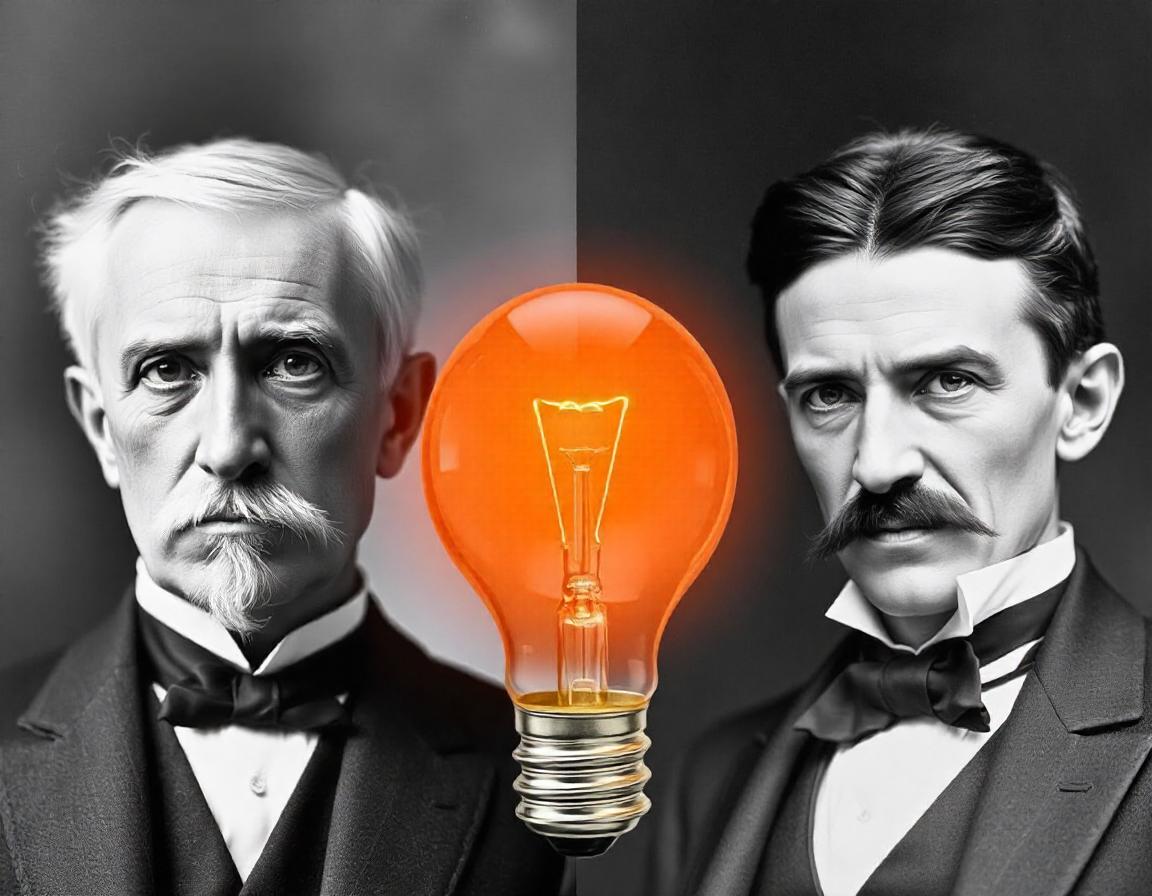
Few stories spark as much debate as the creation of the modern light bulb in revolutionary inventions. While Thomas Edison’s name has become synonymous with this breakthrough, passionate advocates of Nikola Tesla often challenge this narrative. Let’s switch on our curiosity and illuminate the real story behind one of humanity’s brightest innovations.
The Dawn of Electric Light
Picture yourself in the late 1800s, when the flickering flames of gas lamps and candles dominated nights. The race to create practical electric light wasn’t just about technology but about transforming human civilization.
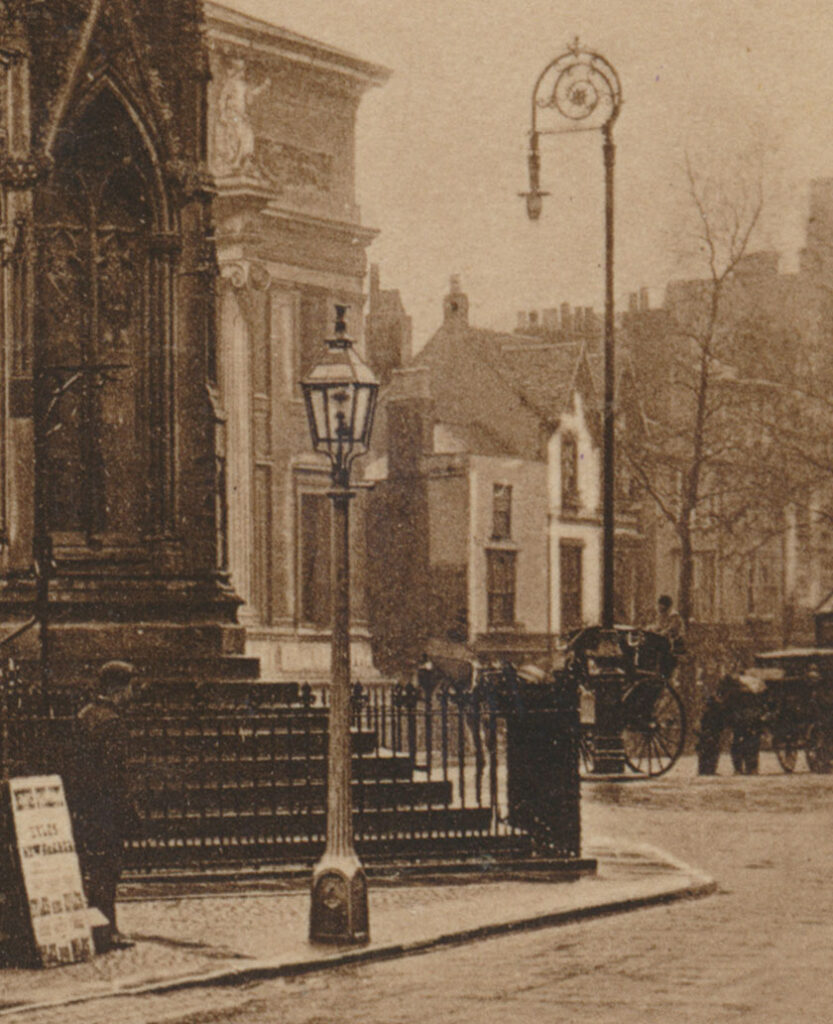
Thomas Edison: The Persistent Innovator
When we flip a switch today, we’re touching the legacy of countless experiments conducted in Edison’s Menlo Park laboratory. But Edison’s journey wasn’t as straightforward as many believe.
The Edison Breakthrough
Edison didn’t create the first electric light—that honour belonged to Humphry Davy’s arc lamp in 1802. What Edison did was far more practical: in 1879, he developed the first commercially viable incandescent light bulb.
Key innovations included:
- A high-resistance carbon filament that could last over 40 hours
- An improved vacuum bulb that prevented filament oxidation
- A parallel circuit system for reliable household electrical distribution
The Real Edison Achievement
Edison’s genius wasn’t just in the bulb itself—it was in creating an entire electrical system that could efficiently power homes and businesses. He understood that an invention without practical application was like a bulb without electricity.
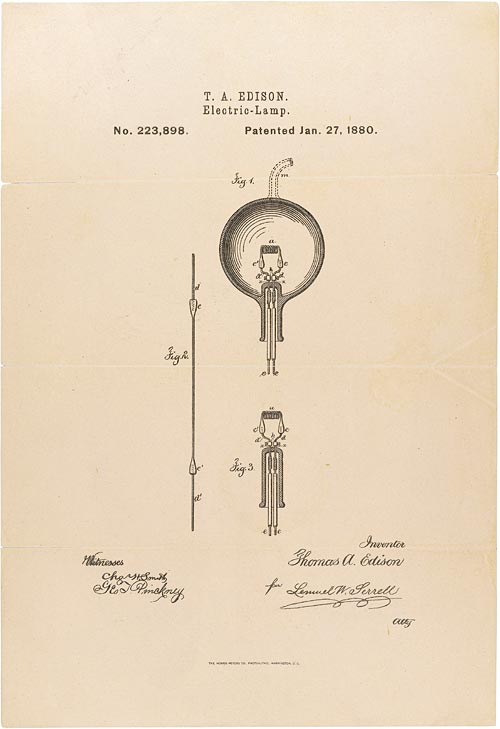
Nikola Tesla: The Visionary Challenger
While Edison focused on direct current (DC) and incandescent lighting, Tesla illuminated a different path. His contributions to electrical science would quite literally electrify the world.
Tesla’s Alternative Current
Tesla’s greatest contribution to lighting wasn’t the bulb itself but rather the alternating current (AC) system that would ultimately power it. His innovations included:
- The Tesla coil, which revolutionized high-frequency electrical transmission
- Fluorescent and phosphorescent lighting concepts
- Wireless lighting experiments that were decades ahead of their time
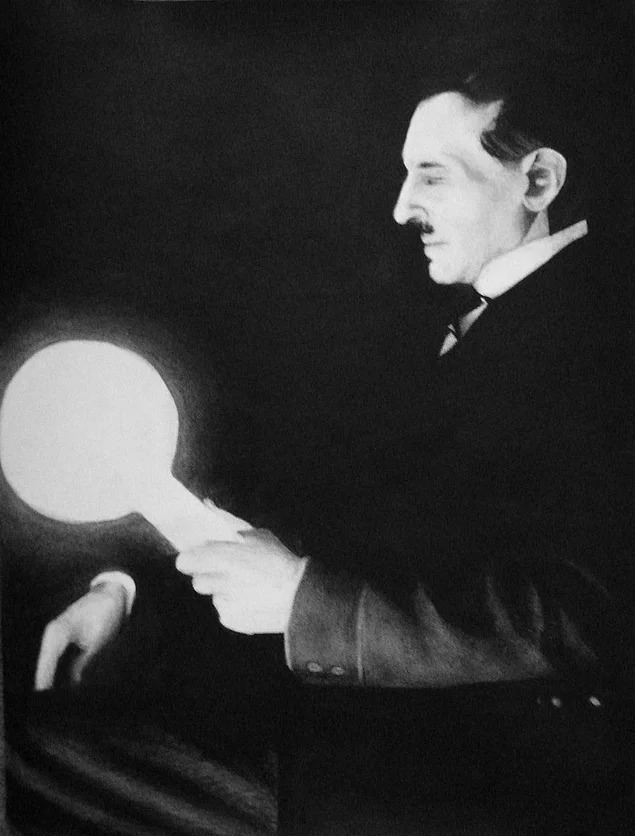
The Innovation Timeline: Setting the Record Straight
Let’s shed some light on the key developments that led to modern electric lighting:
| Year | Inventor | Innovation |
|---|---|---|
| 1802 | Humphry Davy | Created the first electric arc lamp |
| 1840 | Warren de la Rue | Developed an early incandescent lamp with platinum filament |
| 1860 | Joseph Swan | Demonstrated a carbon-rod lamp in a vacuum tube |
| 1879 | Thomas Edison | Patented the first commercially successful incandescent bulb |
| 1891 | Nikola Tesla | Demonstrated fluorescent lighting and wireless illumination |
Beyond the Bulb: The Current War
The real battle between Edison and Tesla wasn’t about the light bulb but how to deliver electricity to power these innovations. This “War of Currents” would shape the future of electrical distribution worldwide.
Edison’s DC Vision
- Promoted direct current as safer
- Limited transmission distance
- Required power stations every few miles
Tesla’s AC Revolution
- Enabled long-distance power transmission
- More efficient and cost-effective
- Eventually, it became the global standard
The Verdict: Who Invented the Light Bulb?
The truth is more nuanced than whether Edison or Tesla is the sole inventor. Edison created the first commercially viable incandescent bulb and system for its practical use. Tesla revolutionized how we would ultimately power these devices through his AC system.
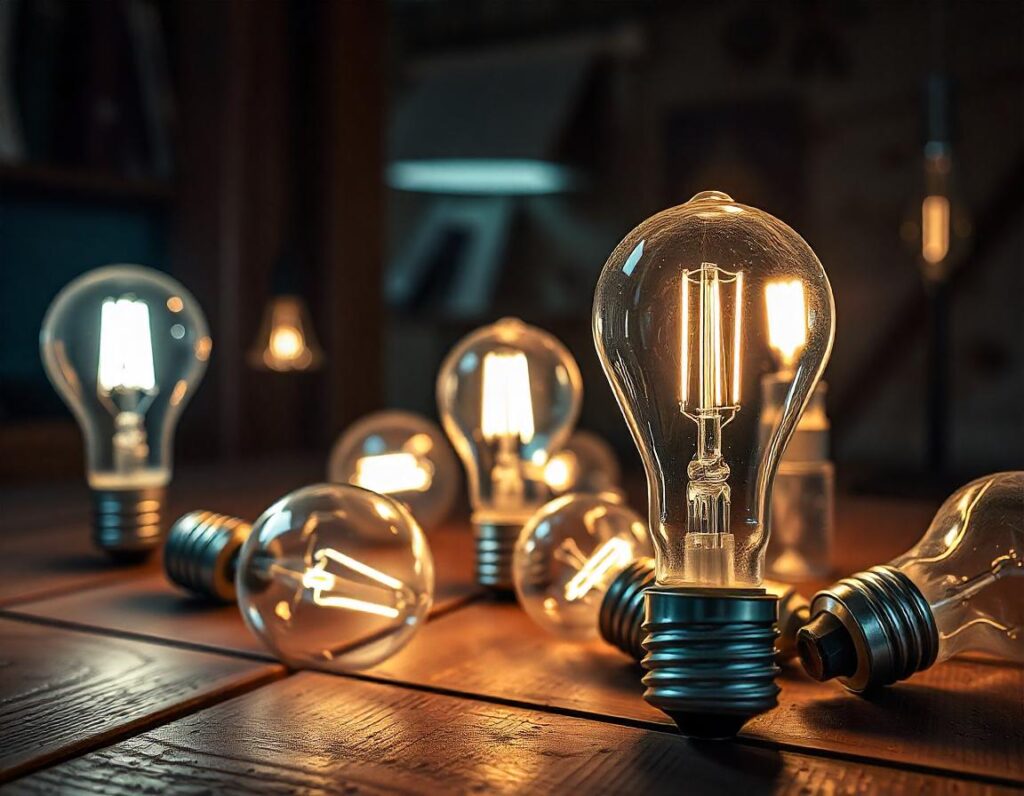
Modern Legacy: Standing on the Shoulders of Giants
Today’s lighting technology – from LEDs to smart bulbs – owes its existence to both inventors:
- Edison’s focus on practical, marketable solutions
- Tesla’s visionary approach to electrical systems
- Their combined push for electrical infrastructure
Looking Ahead: The Future of Light
As we move toward more efficient and sustainable lighting solutions, Edison’s practical approach and Tesla’s innovative vision continue inspiring modern inventors and engineers.
The next time you illuminate your space with the flip of a switch, remember that you’re not just using a light bulb – you’re benefiting from the culmination of two brilliant minds who, despite their differences, helped light the way to our modern world.

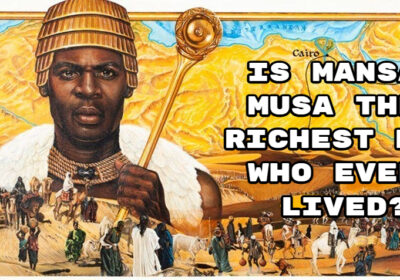
![The Six Triple Eight. (L-R) Sarah Jeffrey as Dolores Washington, Pepi Sonuga as Elaine White, ... [+]Laura Radford/PERRY WELL FILMS 2/COURTESY NETFLIX](https://theaccomplishmagazine.com/wp-content/uploads/2024/12/0x0-400x280.webp)
Leave a Reply